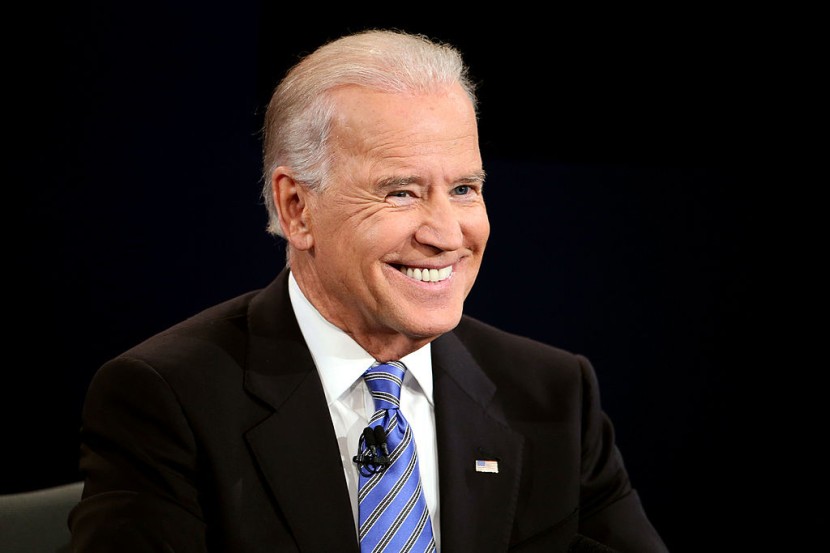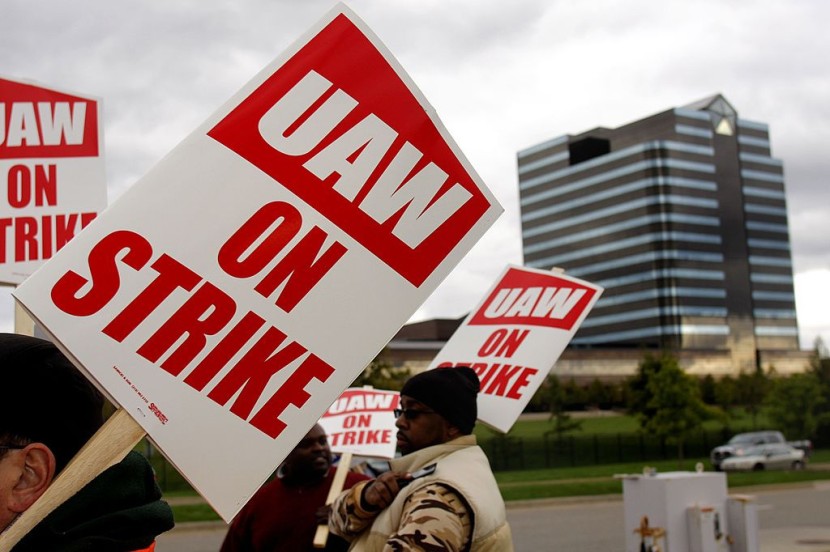U.S. President Joe Biden talked with the UAW leader on Wednesday, July 19. A White House official confirmed this happening. The question is, will it prevent the potential auto strike?
Joe Biden Meets UAW President

According to CNN Politics' latest report, UAW (United Auto Workers) President Shawn Fain was at the White House for a meeting in the West Wing.
Reuters reported that the UAW leader met with lawmakers to discuss labor talks, as well as the union's request for better benefits and higher wages.
After learning that Fain was at the White House, Biden decided to talk to him briefly.
As of writing, it is still unsure if the short talk between the American president and the UAW leader will prevent the potential auto strike.
Another question is who will the United Auto Workers will endorse in the upcoming U.S. presidential election. The majority of the major unions in the U.S. already decided to promote Biden as the U.S. president again.
However, Fain explained why they haven't endorsed anyone yet for the U.S. presidential position.
"We have expectations and that's why we haven't made endorsements yet. We expect people to be there for us if they want our endorsement," said the UAW president.
Potential Auto Strike

Previously, the Teamster Union warned that they are ready to organize a major protest, which will really affect the economy of the United States.
Now, the United Auto Workers is also prepared to do the same thing. Fain said that 150,000 members of UAW are willing to join a strike if the three automakers do not meet their demands.
These carmakers are Stellantis, Ford, and General Motors.
"If the Big Three don't give us our fair share, then they're choosing to strike themselves, and we're not afraid to take action," said Shawn.
The three giant automakers need to make a decision, especially since their contracts with the United Auto Workers are about to expire in September.
If ever the expected auto strike really does happen, it will not only affect jobs but also stir up a political issue for Biden in the electoral battleground state of Michigan because of the union's opposition to EV transition.








